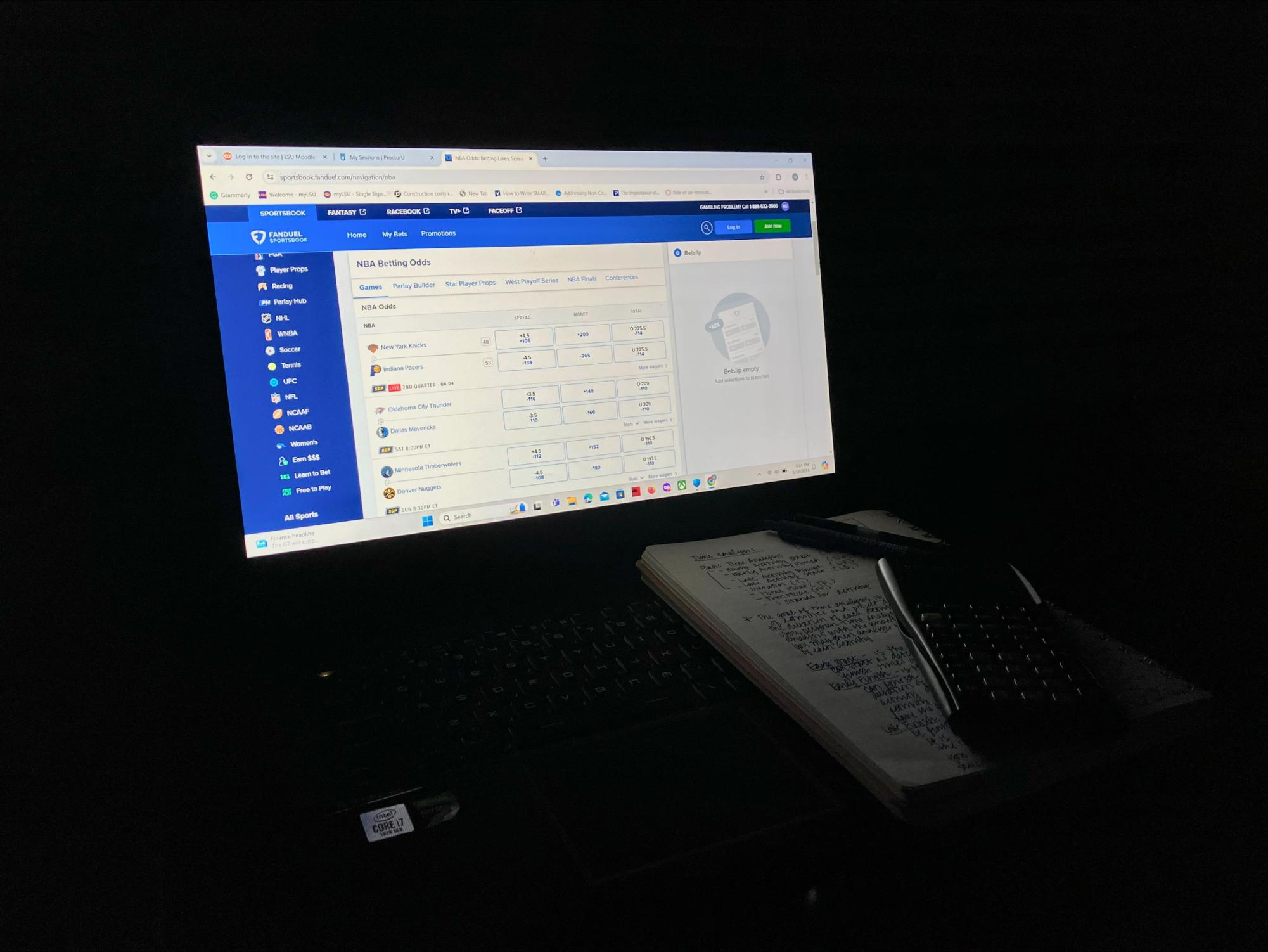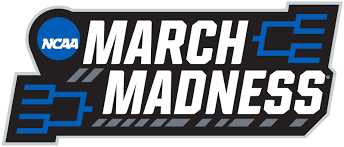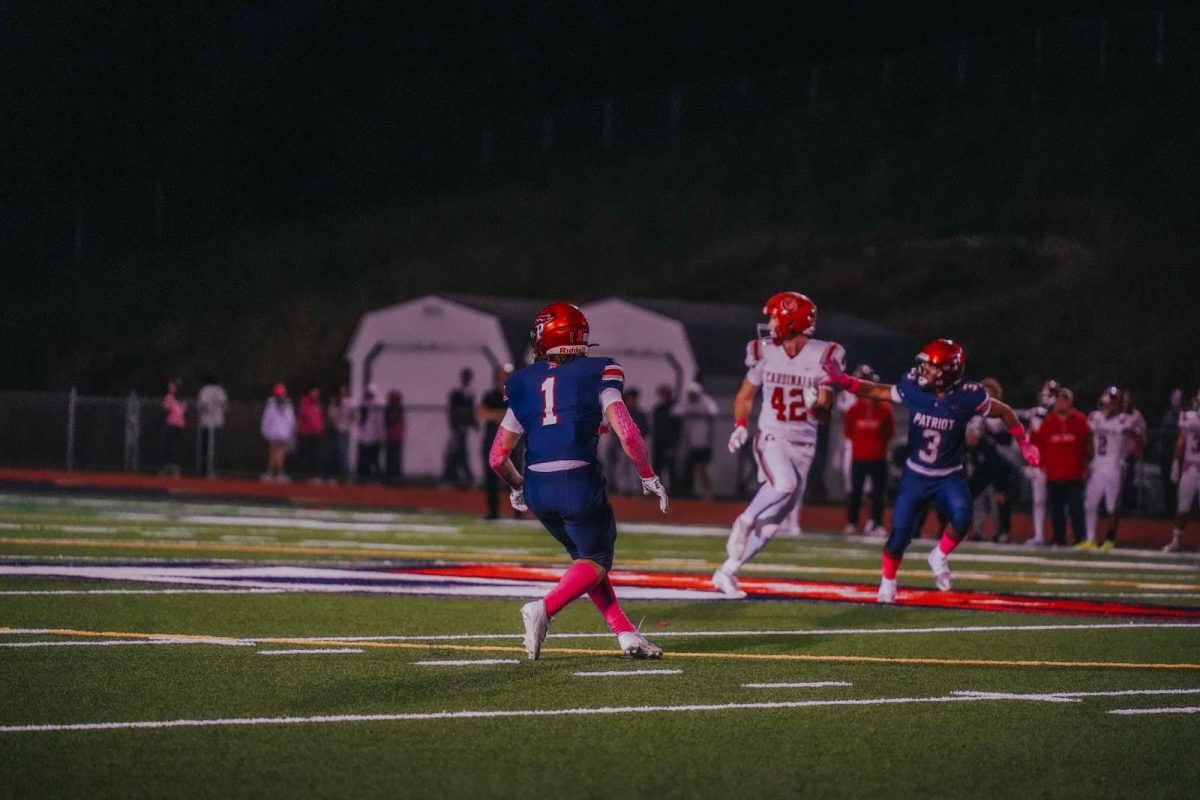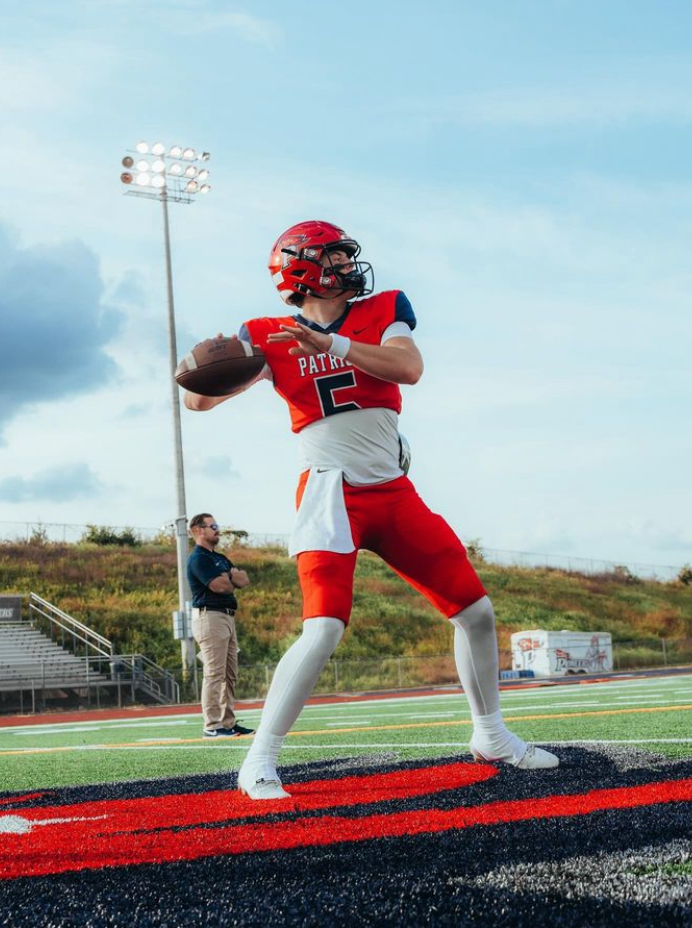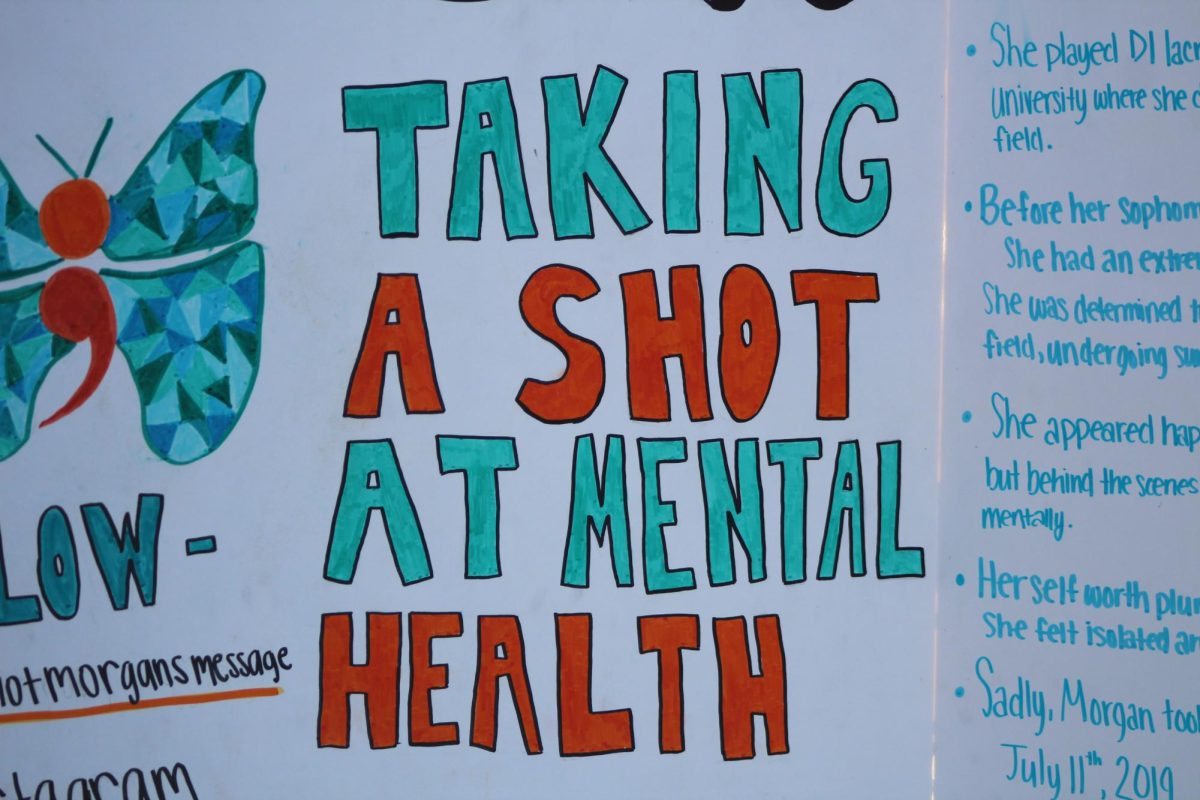In 1992, the Professional and Amateur Sports Protection Act outlawed sports gambling across the United States except for a few states. However, on May 14, 2018, the Supreme Court found the law unconstitutional in Murphy v. National Collegiate Athletic Association. As sports gambling became increasingly more popular with the creation of apps such as PrizePicks that make gambling quick and easily accessible, the hobby has even trickled down to high schoolers.
The general legal age in Virginia for sports betting is 21 with the exception of certain daily fantasy sports which is 18. However, even with this law, high schoolers have found ways to slide past the rules and gamble on their own. These underage sports bettors have utilized their siblings, parents, or adult friends’ information to log in illegally to sports betting apps.
“I attained my account to begin with by using my brother’s ID as he is of age, and then I moved into using my fake ID to gamble and that’s what I use now,” an anonymous student at Patriot High School said.
The underage utilization of these sports betting apps can even lead to early onset gambling addictions due to teenage susceptibility to more impulsive and less inhibited actions. According to Algamus, “Teens are two to four times more susceptible to developing a gambling problem than adults. Teenagers are more likely to develop gambling addictions because the parts of their brains needed for making good, reasonable decisions have not yet been fully developed.”
“I have not quit sports gambling yet as it is a part of my routine now and has become a habit. I consider myself very good at it so I haven’t quit,” said the anonymous student.
A small hobby that teenagers believe is just for fun can quickly soar into an addiction if not properly controlled. The small winnings can easily force the teenager into a frenzy of parlays that can ultimately cause detrimental spending habits. According to Basis Online, gamblers will change their money management behaviors like even taking on debt to cover their gambling needs.
“At the peak of my betting habits, I would make about six bets a day, three singles, three parlays, which per week would be 42 bets,” the anonymous student said.
If the student was only gambling $5 for each bet they made, they would be spending $210 per week, $840 per month, and $10,920 per year.
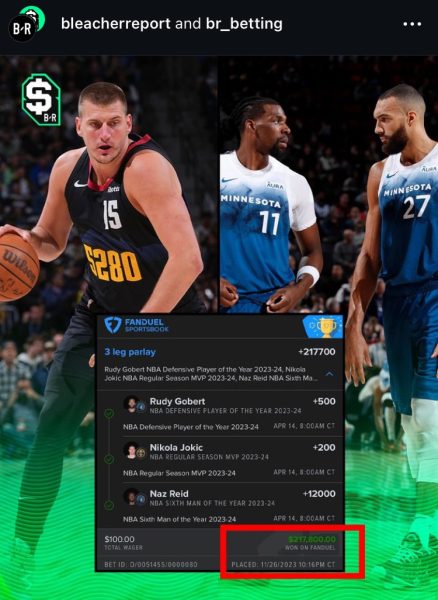
Sports gambling is also exposed everywhere to high schoolers on all platforms on social media. Most teens in high school who are interested in sports follow accounts like Bleacher Report which currently has 22.3 Million followers on Instagram. On Bleacher Report, there is a wide variety of sports gambling propaganda with joint posts from their betting Instagram account with their main account displaying major payouts so that others begin gambling.
These sports betting pages mainly reach out and market to an audience who identifies as a male. This gender disparity in sports marketing also leads towards more boys being susceptible to gambling addictions. According to Nancy M. Petry, a psychologist known for her research on
addictive disorders, about 4% of boys from the ages 14-21 have a gambling problem.
The sports betting industry continues to expand and posted a record-high $10.92 billion profit in
2023, according to the American Gaming Association’s annual report. This profit will most likely cause sports betting to continue to be lightly relegated due to how much the profit expands the American economy. With the continual overlooking of the downsides of the industry, teenagers across the United States will continue to suffer from gambling addictions and a possible later fall into bankruptcy and other major bad spending habits.
